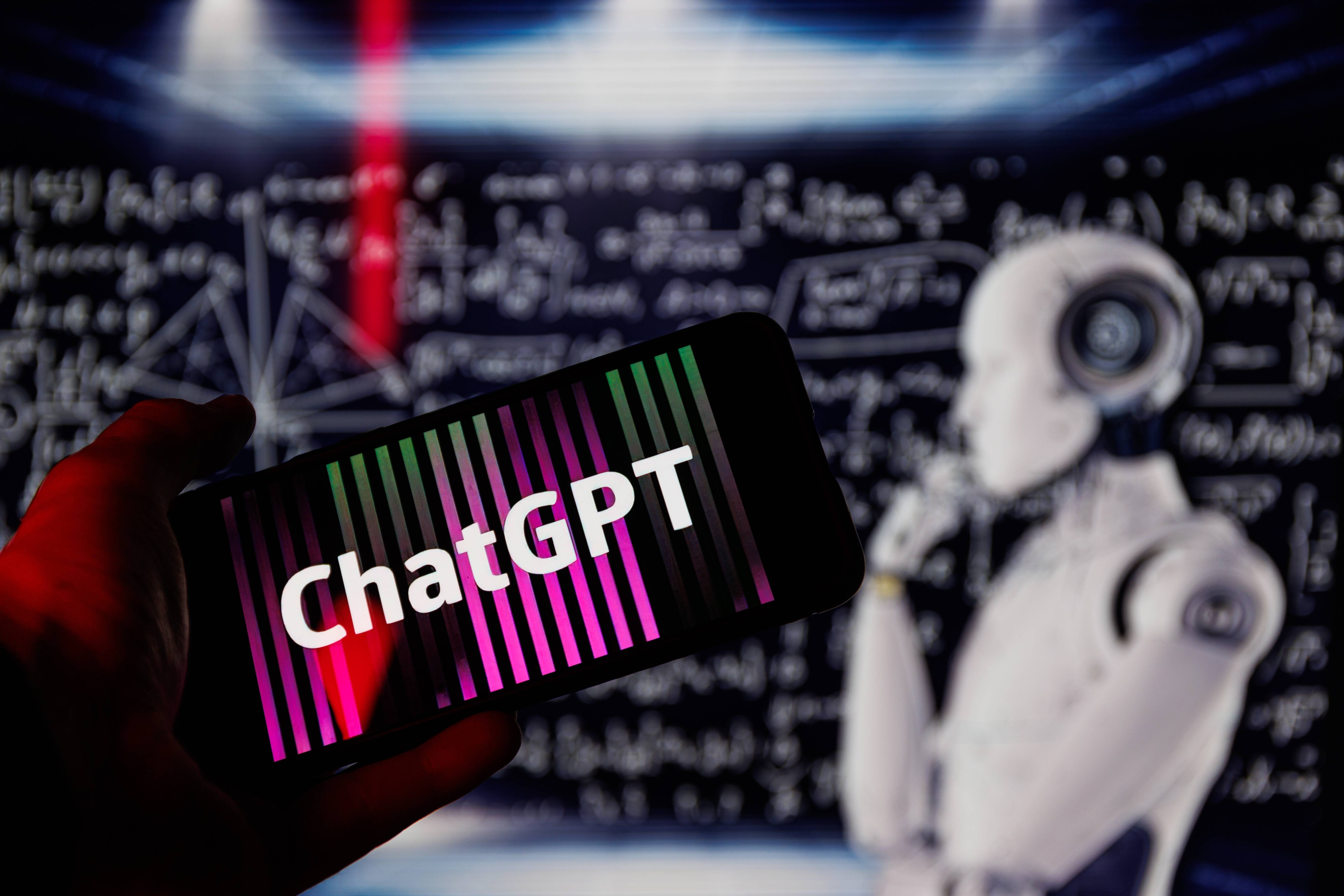- OpenAI has hired Tom Rubin, a former Microsoft intellectual property lawyer, to oversee products, policy, and partnerships.
- Rubin's role will involve negotiating deals with news publishers to license their material for training large-language models like ChatGPT.
- Rubin had been an adviser to OpenAI since 2020 and was previously a law lecturer at Stanford University.
- OpenAI has been approaching publishers to negotiate agreements for the use of their archives.
- This hiring suggests OpenAI's focus on addressing intellectual property concerns and establishing partnerships with publishers.
Main topic: The New York Times may sue OpenAI for scraping its articles and images to train AI models.
Key points:
1. The New York Times is considering a lawsuit to protect its intellectual property rights.
2. OpenAI could face devastating consequences, including the destruction of ChatGPT's dataset.
3. Fines of up to $150,000 per infringing piece of content could be imposed on OpenAI.
The New York Times is reportedly considering suing OpenAI over concerns that the company's ChatGPT language model is using its copyrighted content without permission, potentially setting up a high-profile legal battle over copyright protection in the age of generative AI.
OpenAI is releasing ChatGPT Enterprise, a business version of its AI bot that offers enhanced security and privacy features, as the company faces declining usership and concerns over data security from major companies; however, it is struggling to maintain its initial excitement and is facing pushback from news publishers and other platforms.
UK publishers have called on the prime minister to protect authors' intellectual property rights in relation to artificial intelligence systems, as OpenAI argues that authors suing them for using their work to train AI systems have misconceived the scope of US copyright law.
The Guardian has blocked OpenAI from using its content for AI products like ChatGPT due to concerns about unlicensed usage, leading to lawsuits from writers and calls for intellectual property safeguards.
The decision of The Guardian to prevent OpenAI from using its content for training ChatGPT is criticized for potentially limiting the quality and integrity of information used by generative AI models.
A group of U.S. authors, including Pulitzer Prize winner Michael Chabon, has filed a lawsuit against OpenAI, accusing the Microsoft-backed program of using their works without permission to train its chatbot ChatGPT, and seeking damages and an order to block OpenAI's business practices.
Meta is being sued by authors who claim that their copyrighted works were used without consent to train the company's Llama AI language tool.
A group of best-selling authors, including John Grisham and Jonathan Franzen, have filed a lawsuit against OpenAI, accusing the company of using their books to train its chatbot without permission or compensation, potentially harming the market for their work.
Several fiction writers are suing Open AI, alleging that the company's ChatGPT chatbot is illegally utilizing their copyrighted work to generate copycat texts.
Game of Thrones author George R.R. Martin and 16 other writers are suing OpenAI over its language model ChatGPT, accusing it of copyright infringement for using text from pirate e-book repositories without authorization.
